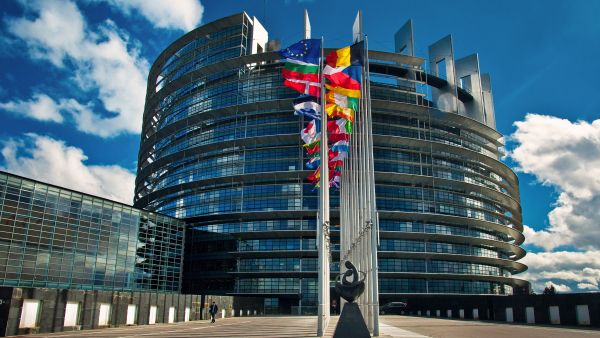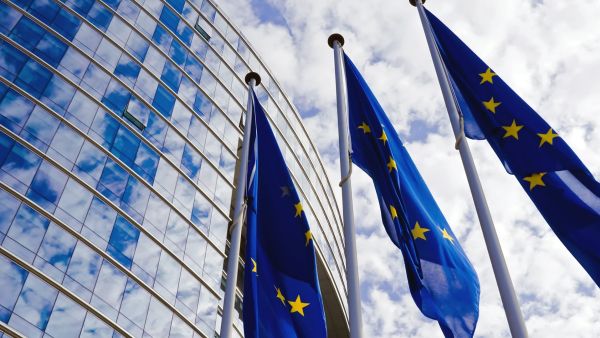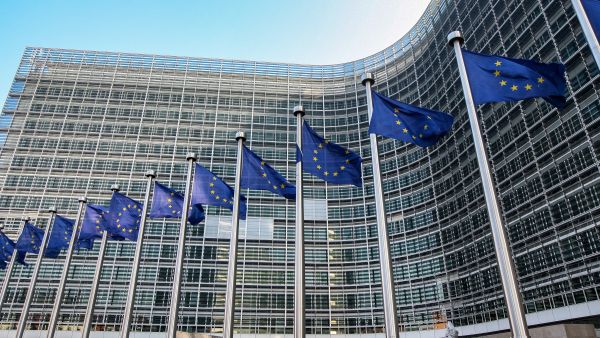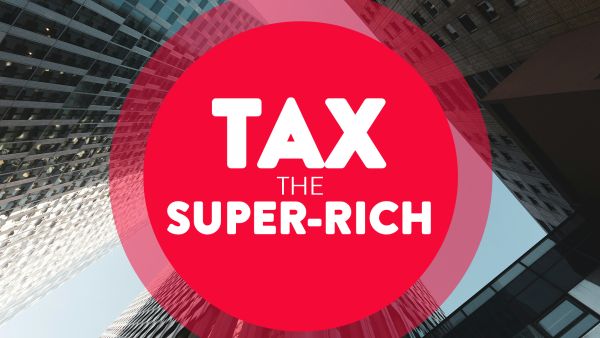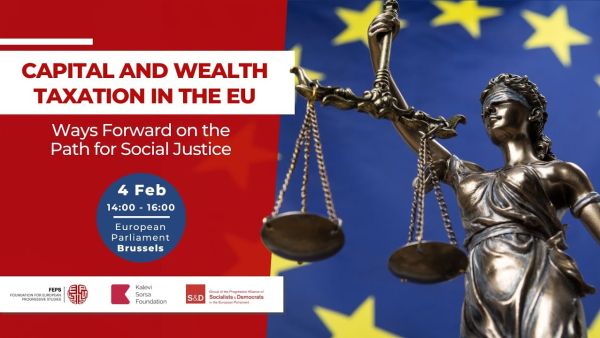An end to the unanimity rule on tax decisions at EU level, a shift from secrecy to transparency, the establishment of an EU scrutiny mechanism on newly introduced harmful tax measures, a ban on letterbox companies, a shared list of tax havens and sanctions for those dealing with them: these are some of the key recommendations adopted today by the European Parliament’s inquiry committee on the Panama Papers (PANA) under the leadership of co-rapporteur and S&D Group vice-president Jeppe Kofod.
After the vote, S&D Group vice-president and co-rapporteur Jeppe Kofod MEP said:
“After a year of investigations, interviews and research, the PANA committee’s work has shown that some member states have bent – and in some cases outright broken – the rules, laws and treaties that make up the foundations of our European Union.
“We point directly towards the clear maladministration of EU legislation by member states when it comes to the Anti-Money-Laundering Directive.
“After today’s vote we say with a strong voice that it’s time to end the culture of secrecy that has made international tax evasion and avoidance possible in the first place. We will no longer accept that at least 8% of the world’s financial private wealth is held unaccounted for and offshore.
“We are calling for a global summit, to be hosted in Europe, to end the secrecy that fosters tax avoidance, tax evasion and money laundering. Only if we work together internationally, can we hope to put an end to this disease.
“This committee's work has shown that there is much more work to be done. While the Panama Papers have revealed the unprecedented depths of corruption and illegal activities in Europe and the world surrounding tax evasion and money laundering, there is much that we are still in the dark about.”
S&D Group spokesperson for the Panama Papers inquiry committee Peter Simon MEP added:
“The list of shortcomings is long and includes issues such as a lack of co-operation between EU member states, chronic underfunding and a lack of human resources for the supervisory authorities, as well as deficient implementation and application of laws and sanctions. Furthermore, a fairer common tax policy is forestalled by the fact that member states have to agree unanimously to pass laws in the area of taxation. All in all, this creates the ideal breeding ground for money laundering, tax evasion and avoidance.
“The Socialists and Democrats were aiming for clearer messages on several points, but the conservatives and liberals prevented this. Those who claim that Europe is not home to tax havens are blindly ignoring the facts. Change cannot be achieved if we don’t admit these facts. Only by putting our own house in order, we can achieve something on a global level.
“The final report is only a snapshot of the situation today and new cases and developments in money laundering, tax evasion and tax avoidance are constantly arising. These cases should also be properly investigated and therefore a permanent structure is needed in the European Parliament, which allows for continuing investigations. By doing so we could, together with the public, keep up the pressure on the member states. The last few years have demonstrated that this works well because after decades of standstill in the battle against money laundering and tax evasion finally some progress has been made towards a fair and common tax policy regime. But we still have a long way to go.”

